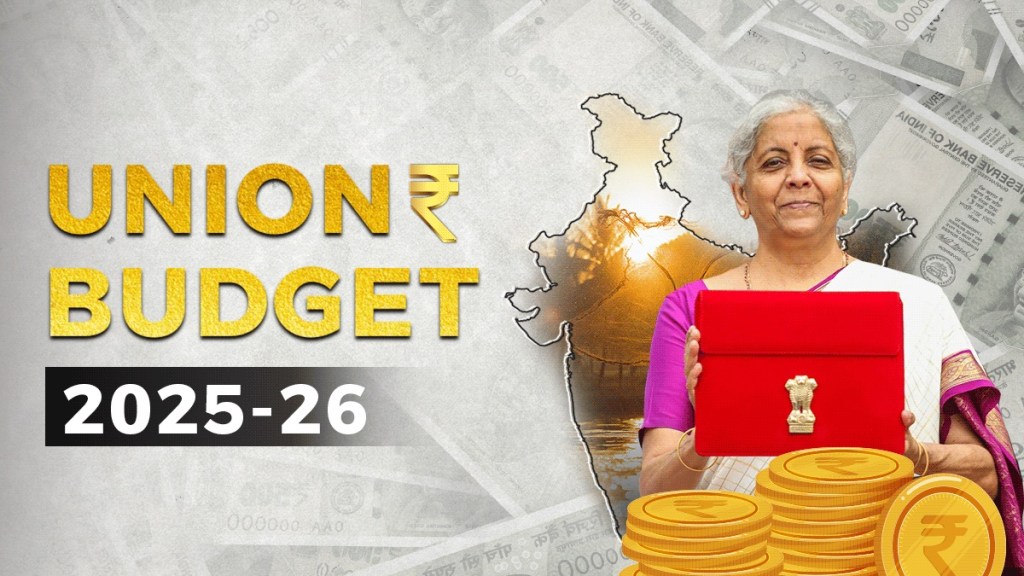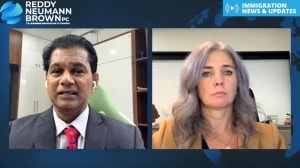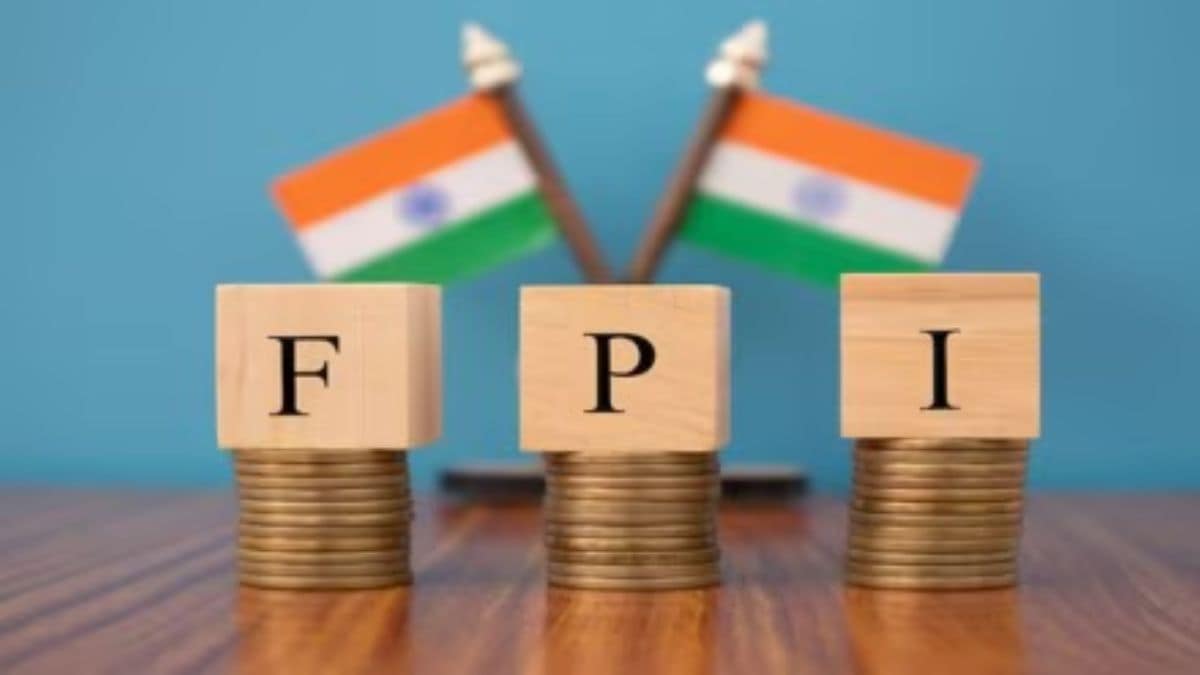Budget 2025 Health Announcements: Finance Minister Nirmala Sitharaman tabled the Budget 2025 on Saturday. During her budget 2025 speech, Sitharaman announced that the government will promote medical tourism and ease visa process under the ‘Heal in India’ initiative. “Medical tourism in India to be promoted in partnership with private sector,” she said during her speech. She also announced that 36 drugs for cancer, rare diseases to be exempt from basic customs duty.
The Finance Minister also informed that the government will exempt basic custom duty on 37 more medicines. “Those suffering from Cancer, chronic or other severe diseases; I propose to add 36 life-saving drugs and medicines to the list of medicines fully exempted from basic customs duty,” she said.
She also announced that more seats will be included to expand medical education. She said that next year 10,000 seats will be added in medical colleges and hospitals and 75,000 seats to be added in next 5 years. The Finance Minister also announced the launch of 200 cancer daycare centres will be set up in government hospitals within 3 years in all districts. She also announced that gig workers to be provided healthcare under PM Jan Arogya Yojana.
Sitharaman also announced that broadband connectivity to be provided to all government secondary schools and primary healthcare centres.
In July last year, after the Lok Sabha elections, The Health Ministry was allocated Rs 90958.63 crore in the Union Budget 2024-25. The Ministry has witnessed a hike of 12.9 per cent over 80,517.62 crore in the Budget (revised estimates) for 2023-2024. During her Budget 2024 speech, Sitharaman proposed that three cancer treatment medicines be exempted from basic customs duty completely to help patients with cancer. She also proposed changes in the basic customs duty for X-ray tubes and Flat panel detectors for use in medical X-ray machines “under the phased manufacturing programme to synchronise them to domestic capacity addition.”
Out of Rs 90958.63 crore, the Department of Health and Family Welfare has been allocated Rs. 87656.90 crore and the Department of Health Research has been allocated Rs. 3301.73 crore.
The Health Ministry has been allocated Rs 90,658.63 crore in the interim Budget for 2024-2025. Out of Rs 90,658.63 crore, Rs 87,656.90 crore has been allocated to the Department of Health and Family Welfare while Rs 3001.73 crore to the Department of Health Research. The Budget allocation for the AYUSH ministry has been hiked from Rs 3,000 crore to Rs 3,712.49 crore, recording a 23.74 per cent increase. During her interim budget speech, Sitharaman announced that healthcare cover under the Ayushman Bharat insurance scheme will be extended to all ASHA and Anganwadi workers and helpers. Sitharaman also announced that the government will encourage vaccination for girls in the 9-14 year age group for the prevention of cervical cancer.
In FY2023-24, the expenditure of the Ministry of Health and Family Welfare was estimated to be Rs 89,155 crore, a 13 percent increase from revised estimates for 2022-23. The National Health Mission is its largest component, accounting for 33 percent of the Ministry’s budget, and medical colleges and hospitals account for 27 percent of the budget. High out-of-pocket expenditures and a shortage of healthcare personnel continues to be major issues.
On Friday, the pre-budget Economic Survey revealed that people who rarely consume ultra-processed or packaged junk food have better mental well-being than those who regularly do so. The survey also stated that those who rarely exercise, spend their free time on social media or are not close to their families have worse mental health.
The survey report tabled in Parliament underscored that if India’s economic ambitions are to be met, then immediate attention must be given to lifestyle choices that are often made during childhood or youth.
The survey also noted that spending long hours at one’s desk is detrimental to mental well-being and individuals who spend 12 or more hours daily at a desk have distressed or struggling levels of mental well-being. It advocated investing time in building close family bonds while stating that it would go a long way towards keeping children and adolescents away from the Internet and improving mental well-being.
“Given the direct costs to human welfare and the spirit and sentiment of the nation, putting mental well-being at the centre of the economic agenda is prudent. Post-facto treatment will not be sufficient. It is about time to find viable, impactful preventive strategies and interventions. India’s demographic dividend is riding on skills, education, physical health and, above all, mental health of its youth,” the economic survey report stated.








